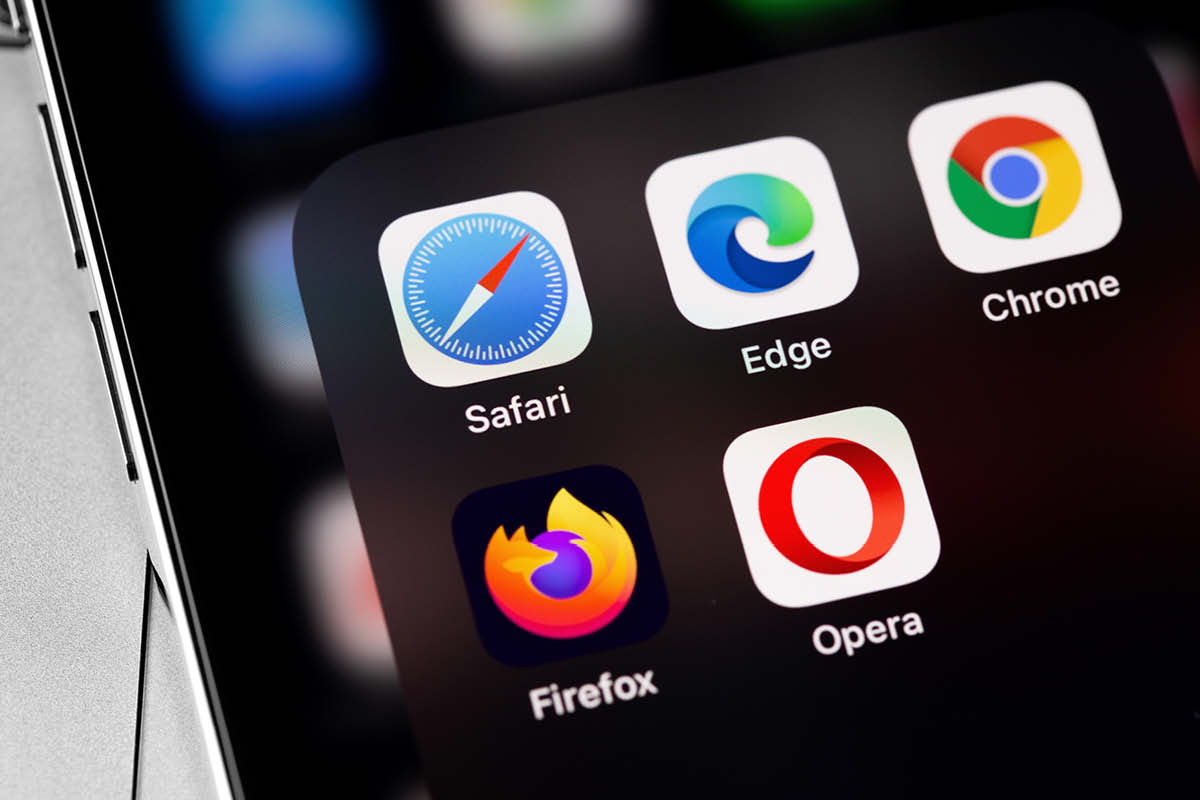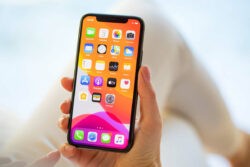Our perception of ‘free’ when it comes to technology is one where, largely, we trust the messages coming our way. From the advent of commercial television (ITV being the forerunners of a broadcast system where there was no financial cost for consuming the entertainment on offer, unlike the BBC’s TV licence), through to radio and the internet, we are comfortable with the concept of advertising revenue making a product free to view.
Our reliance on digital technologies, notably mobile phones and computers, has reinforced this notion that so much of what we rely on comes to us at zero cost… and for the most part that’s true.
From top-end operating systems such as Linux-based distributions like Ubuntu, Mint, and Debian; through to productivity software options including office suites like LibreOffice and Apache OpenOffice; as well as note-taking apps like Evernote and Google Keep; and vital messaging and communication systems, if you consider Gmail and What’s App.
We can even run business operations for free with team conferencing tech such Zoom – again, at zero cost.
Add in web browsers (Google Chrome, Mozilla Firefox, and Microsoft Edge), antivirus software (Avast and AVG are two of the most popular that do not require payment), and cloud storage facilities (including Google Drive, Dropbox, and Microsoft OneDrive), and we can build proper resource into our computing habits.
On the face of it the framework seems exhaustive and impressive… and we’ve not even touched the surface of free learning platforms, nor news and entertainment sites.
Yet as much as we relish being kept informed and educated, there are several technologies that might appear to be free on the surface, but actually come with hidden costs or obligations, and it pays to be aware of these.
Social media platforms, for instance, are free to use, but they make money by collecting data about their users and selling it to advertisers. In this sense, as a user you are not paying with money – instead the cost comes at the relinquishing of your personal information.
The same goes for free-to-play video games. The game Fortnite led the charge as a detailed, multiplayer strategy challenge that, ingeniously, branded itself as free to download and play… and it was.
Yet the bevy of smart paid-for add-ons meant that, across a short time period, most players spent more on weaponry, skins and other in-game add-ons than they would have invested in a one-off full-price payment for the game.
‘Freemium’ apps work in much the same way, with a basic version being presented as free of charge, albeit opening out quickly into a paid system for additional features, content, or the removal of annoying ads or announcements.
The danger here comes in that users may not realise they are spending money until they want to access a feature that requires a purchase. In the case of some work apps, it may even be that you are required to enter payment details at the crucial point of its use, such as downloading a document, PDF or photo that the tool in question has invited you to edit.
Cloud storage services may also require a charge once you exceed free storage quantities. This is a clever addition because by the time a user extends to the level where they need to pay for additional space, they are so invested in the system having been happily saving content to it for a length of time. What’s more, the task of then moving that storage into a different system can be time-consuming and problematic, hence many will simply agree to pay the fee.
Overall, it pays to be aware of these hidden costs. Always read the fine print before using any supposedly ‘free’ technology and consult user reviews as a method for determining whether what you get for zero cost is actually worth ‘the investment’, so to speak.
Image: shutterstock_2136782491







